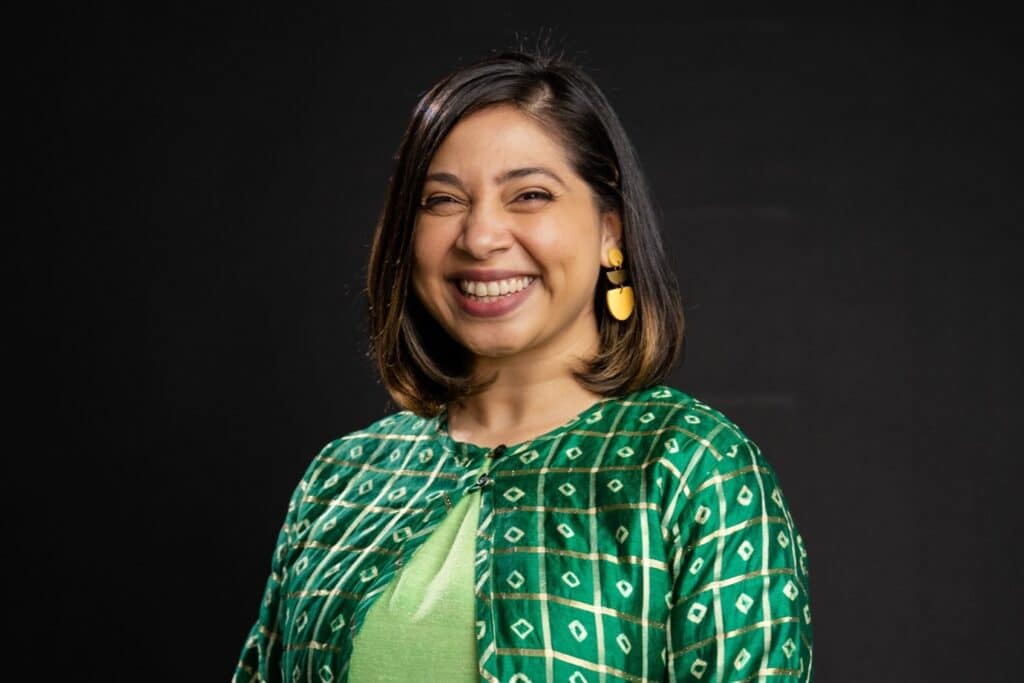In May 2020, a man named George Floyd was tragically murdered in Minneapolis, Minnesota. Here in Australia, Priyanka Ashraf watched the events unfold over the news, and felt herself waking up to the systemic injustices that had, up until then, been present but still invisible to her.
A proud Bangladeshi Muslim woman, Ashraf says the injustices she’d personally faced “had always made themselves subtly known through that wretched feeling” in the pit of her stomach.
“Every time someone mispronounced my name and felt I was making a scene, if I were to correct them, as if wanting my identity to not be butchered was an act of disrespect,” she says, listing off her all too often experiences with everyday injustice.
“Every time my partner, who like me is brown-skinned, went to grab a takeaway coffee from a cafe and the first response would be, ‘are you the Uber driver?’, despite his senior rank at a very prestigious law firm.”
“Every time I went to the suburbs where there were less people who looked like me and I was gawked at as if I were an alien who didn’t belong there because of the colour of my skin.”
Noting how tough these experiences felt for her, Ashraf then began to think about how much worse things must be for anyone who lacked “whatever proximity to whiteness” that she held.
“What if I spoke with a Bangladeshi accent and were deemed less intelligent,” she says, or “what if I was not successful in my citizenship application and remained a migrant when every job out there says citizenship or permanent residency required in order to apply”.
“What if in the event I spoke up, I would immediately get labelled an angry Black woman? What if I was intoxicated, arrested and left to die in police custody? None of these are things that I have ever had to worry about, and that is privilege,” she says.
“We need to start realising that whatever the color of our skin, whatever privilege we have, that gives us power. So let’s do something with it.”
Following these realisations, Ashraf did do something with this privilege– something big.
In September 2020, the former lawyer and self-taught technologist founded a startup called The Creative Co-Operative (CCO), which she says “exists to be the century’s greatest equaliser” and to “close the disproportionate access to the economic and social security barriers that are experienced by Black women and women of colour in this country.”
“We’re on an urgent mission to get $700 million into the pockets of our communities in the next 10 years,” says Ashraf.
The organisation is doing this by dismantling barriers to access and advancement in technology and startup ecosystems, supporting the mental health of its communities in response to racism, delivering awareness campaigns and through direct employment in their design and marketing agency.
Ashraf shares more insight on using your privilege to affect change during her keynote session for Women’s Agenda’s new video app series, The Keynotes.
The Keynotes app shares “Mini Keynote” sessions and insights on leadership, equity, current affairs, climate and so much more. To watch Priyanka Ashraf’s keynote as well as other sessions, sign up to the app here.


